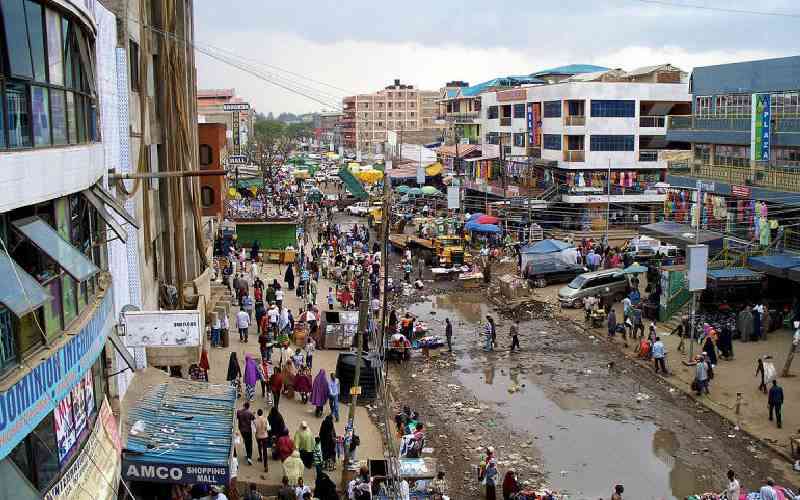
Kenya is arguably the most cosmopolitan country in Africa. People from all over the world are found within her borders. Nairobi, the nation's capital, reveals a cornucopia of foreigners going about their activities. Burundians are ubiquitous in its streets selling peanuts and potato crisps. Barbershops and salons are run by Congolese and Rwandans. Somalis own wholesale shops and restaurants. They are also slowly upstaging the Chinese in real estate development.
Europeans and Americans find Kenya great for tech start-ups. Many of them come to Kenya to work for the UN and other international organisations domiciled here and never leave. As the saying goes, "once you go black, you never go back."